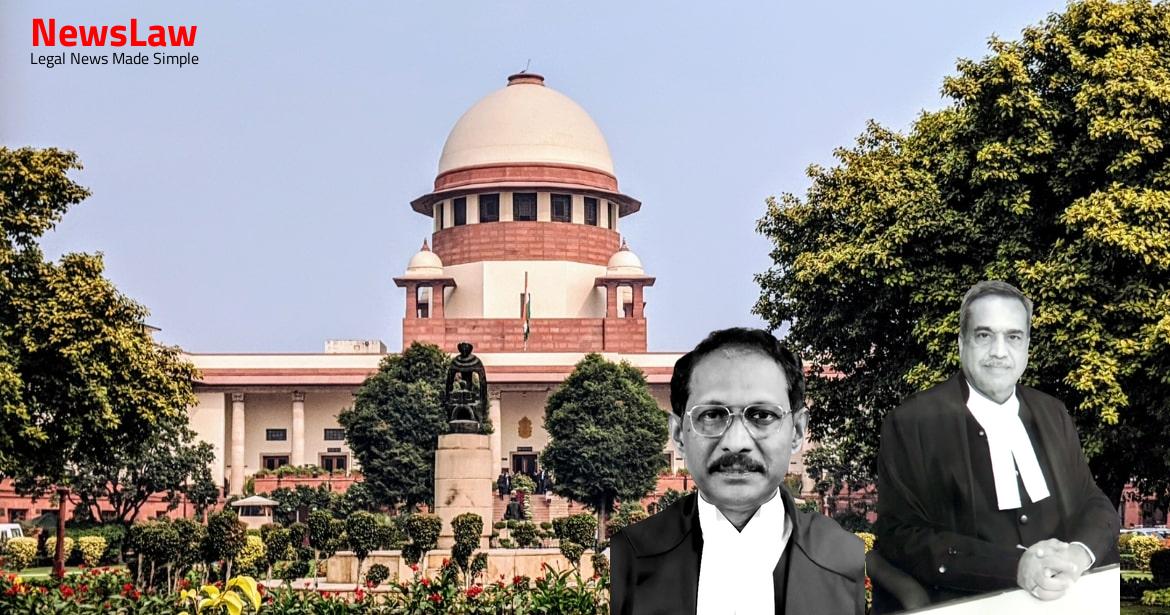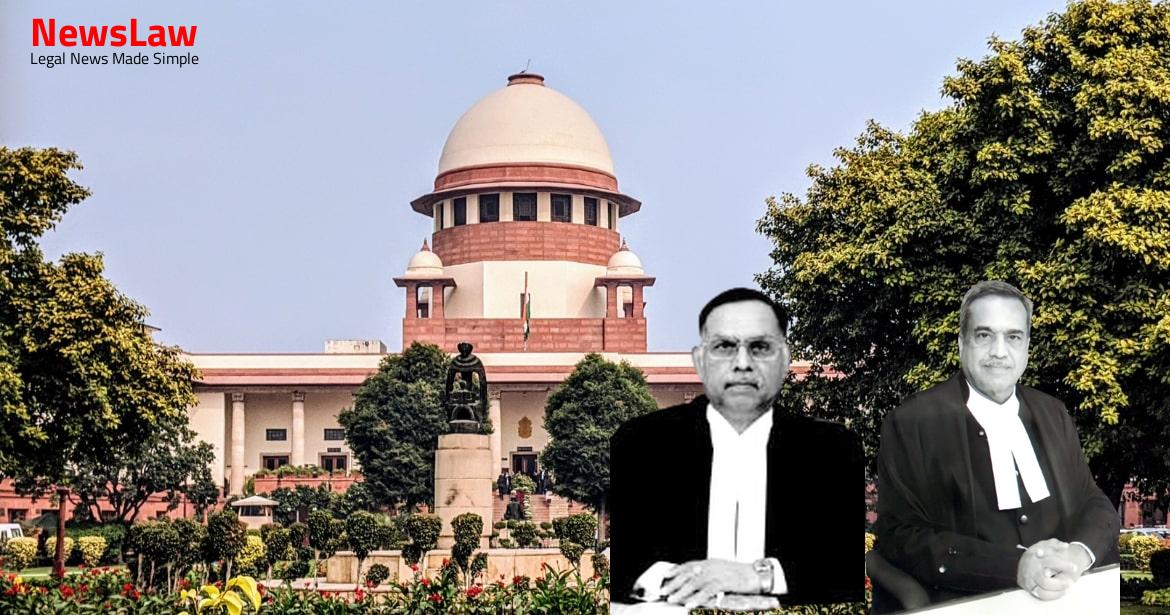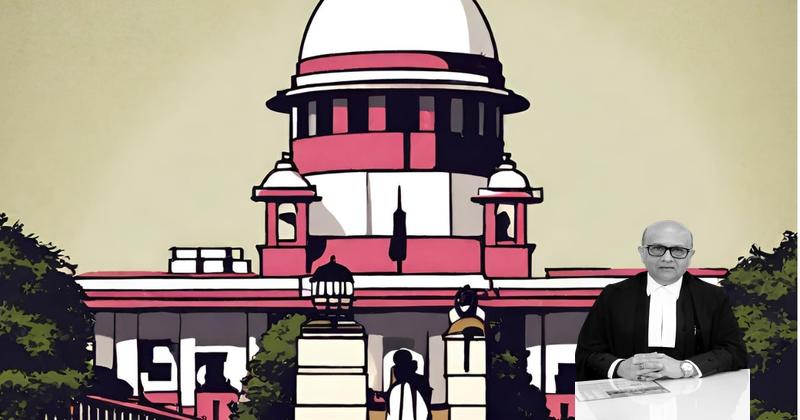The case delves into the meticulous legal analysis conducted by the court regarding the interpretation of contract terms in foreign arbitral awards. Emphasizing the significance of upholding contractual obligations and dissecting the implications of specific clauses within the agreement, the court’s scrutiny sheds light on the complexities of international arbitration and the paramount importance of legal precision in resolving disputes.
Facts
- The tribunal declared that all Development Costs incurred by the Claimants after the date of the PSC for the development operations under the Ravva Development Plan are subject to the cap imposed by Article 15.5(b) of the PSC.
- The agreed limit for Base Development Cost to be cost-recovered by the Claimants in connection with the Ravva Development Plan was US $188.98 million as agreed in August / October 1993.
- The Claimants had incurred Development Costs totaling $220,737,381 up to and including the contract year 1999/2000.
- In response to the Claimant’s request, the Base Development Cost for that period was increased by $278,871,668 as per Article 15.5(e)(iii)(dd) of the PSC.
- The total amount payable for the Ravva Development Cost was US $ 218 million, consisting of 210.1 + 16.9 million.
- The cap of US $ 198 million on the BDC applied to costs incurred for achieving the production profile of 35,000 BOPD.
- The tribunal’s decision was criticized for focusing on one isolated criterion and neglecting other conditions in the PSC, which could be seen as an attempt to rewrite the contract terms and impose unagreed obligations on the Government.
- The High Court rejected the challenge to the Award under the Malaysian Arbitration Act.
- The Respondents argued that the cap of US $ 198.43 million applied only to facilities necessary for achieving a production capacity of 35,000 BOPD, attained through the drilling of 14 wells.
- The government suffered a significant loss of approximately Rs.1,600 crores due to the arbitral award.
- The Malaysian Court of Appeal upheld the tribunal’s decision as aligned with the agreement under the PSC terms.
- The tribunal’s interpretation of the cap of US $ 188.98 million was found to relate to specific facilities required under Article 15.5(c) of the PSC, including the drilling and completion of wells.
- The dispute resolution was to be based on Indian law as per the PSC.
- The Delhi High Court refused the government’s petition under Section 48 and allowed the enforcement of the Award.
- The tribunal’s failure to consider Attachment 10 of the Ravva Development Plan in determining the dispute was highlighted as crucial.
- The tribunal’s approach of solely focusing on achieving 35,000 BOPD for awarding in favor of the Claimants was criticized.
- Different physical characteristics of the Ravva Field were noted regarding the balance 7 wells, deviating from the original perceptions under the PSC.
- It was argued that the foreign award had a 12-year enforcement period, allowing the Claimants to recover US $ 198.43 million for the achieved production capacity of 35,000 BOPD.
- The counter claim raised by the government was summarily disposed of in the Award, contrary to the contract provisions.
- The PSC was to be interpreted under Indian law, rendering the stipulation of drilling 19 oil wells and 2 gas wells as significant.
- The tribunal’s declarations under the Award were deemed within the parties’ submissions, without any new differences addressed.
- The tribunal recognized the costs borne by the Respondents-Claimants under the PSC, including the drilling of wells and the Ravva Development Plan’s integral role.
- The trigger under Article 15.5(e)(iii)(dd) came into effect between 1999-2000 to 2007-2008.
Also Read: Analysis of Maintenance Laws and Enforcement Procedures
Issue
- The Malaysian Courts justified in applying the Malaysian law of public policy during the challenge to the foreign award.
- The Court considered the Base Development Costs incurred in connection with the Ravva Development Plan after the contract years 2008/2009 for further development of reserves defined in the Award as materially different from the original reservoir’s characteristics.
- The Court also addressed the cap amount under Article 15.5(b) of the PSC in relation to the incurred costs.
- Part D of the judgement explores whether the foreign award is conflicting with India’s public policy.
Also Read: Upholding Judicial Integrity: Importance of Reasoned Judgments
Arguments
- The issue of excess of jurisdiction would be governed by English law as per Article 34.12 of the PSC.
- Uncertainty in the law regarding limitation for enforcement of a foreign award, with Madras High Court holding it to be 12 years and Bombay High Court treating it as 3 years.
- Limitation is considered a mixed question of fact and law.
- An application under Sections 47 and 49 of the 1996 Act would not fall under Order XXI of the CPC.
- The High Court erroneously applied a 12-year limitation period under Article 136 of the Limitation Act, 1963, which is meant for civil court decrees.
- The Malaysian High Court gave contradictory findings on the applicable law regarding excess of jurisdiction.
- The Tribunal’s view regarding Article 15.5(e)(iii)(dd) being an exception was considered plausible.
- The observations of the Malaysian High Court were deemed unnecessary to the issues at hand.
- The Appellants challenged the tribunal’s interpretation of the PSC and Ravva Development Plan, claiming it amounted to rewriting the contract.
- The target for the Claimants was to produce 35,000 BOPD to receive US $198 million + 5% as base development cost for facilities developed.
- The Government of India argued that the Award conflicted with Indian public policy.
- It was contended that the limitation period for enforcing foreign awards does not necessarily start from the date of the award.
- The Award was granted to the Respondents on 18.01.2011.
- The dispute involved the interpretative Article 15.5(c) of the PSC regarding recoverability of Base Development Costs.
- The tribunal’s failure to consider all relevant documents, including Attachment 10 to the Ravva Development Plan, was deemed unjust.
- The Ravva Development Plan outlined the payment of US $188.98 million for Base Development Costs.
- Although the PSC initially required 21 wells for 35,000 BOPD, the production capacity was achieved by the Respondents with 14 wells.
Also Read: Analysis of Consent Orders and Appellants’ Rights
Analysis
- Article III of the New York Convention emphasizes the recognition and enforcement of foreign arbitral awards.
- The Contracting States must enforce arbitral awards in accordance with their own procedures.
- No additional burdens or higher fees should be imposed on foreign awards compared to domestic ones.
- The UN Report notes that the Convention does not set a time limit for applying for recognition of foreign awards.
- The Limitation Act excludes applications filed under Order XXI of the CPC.
- An award can be considered against public policy if induced by fraud, violates Indian law, or conflicts with morality or justice.
- Section 48 mirrors Article V of the New York Convention on refusing enforcement of foreign awards.
- The enforcement court is not to review the merits of an award but can refuse enforcement based on limited conditions in Section 48.
- Section 47 outlines the procedure for filing petitions for the enforcement of foreign awards with necessary evidence.
- An application can be refused based on specific grounds provided under Section 48.
- Article 137 sets a three-year limitation period for applications when no specific period is mentioned in the Act.
- The PSC determines the law applicable to the contract and recognizes Indian law as the governing factor.
- The extension of the prescribed period for appeals does not apply to applications under Order XXI of the CPC.
- Delay in filing enforcement petitions cannot be condoned without sufficient cause.
- The tribunal correctly relied on Article 15.5(e)(iii)(dd) to hold that the Respondents were entitled to request for an increase in the Base Development Costs when the physical reservoir characteristics were materially different from the Ravva Development Plan.
- The Indian Arbitration Act, 1996 does not specify a period of limitation for filing an application for enforcement or execution of a foreign award.
- Section 6(2) suggests that the decision of the Tribunal holds the same weight as an order or decree of the Court.
- There is no specific limitation provided for making an application for execution of a foreign award under any of the Articles in the Limitation Act.
- Section 48 of the Indian Arbitration Act, 1996 presupposes that a foreign award is a decree and its execution can be resisted based on specific objections in the Act.
- The time limit for recognition or enforcement of Convention awards may vary based on national legislation or general rules for court proceedings.
- The deeming fiction in the Arbitration Act, 1996 treats all types of awards the same.
- Whether a foreign award is in conflict with the Public Policy of India must be determined based on the conditions laid down in Section 48 of the Act.
- The Malaysian Courts were justified in applying Malaysian law to the public policy challenge.
- Section 36 creates a statutory fiction for enforcing domestic awards as decrees.
- The Act treats domestic, international, and foreign awards as the same for enforcement purposes.
- Section 44 of the Act allows enforcement of New York Convention awards under certain conditions.
- The enforcement petition for a foreign award must be filed before the relevant High Court for execution as a deemed decree.
- Article 137 of the Limitation Act governs the limitation period for filing petitions for enforcement of foreign awards under Sections 47 and 49.
- The wrongdoer cannot run away from the process of law despite a different law prevailing in another country.
- The Malaysian Act remains applicable even after the Award’s enforcement in India.
- Legal proceedings in different countries may impact the enforcement of a foreign award if it goes against the public policy or interests of a country.
- The parties normally make a choice of the governing law of the substantive contract; in the absence of a choice of governing law, it would be determined by the tribunal in accordance with the conflict of law rules.
- The scope of inquiry in proceedings for enforcement of a foreign award under the Foreign Awards Act, 1961 is limited to grounds mentioned in Section 7 of the Act, does not enable a party to impeach the award on merit.
- Article V(2)(b) of the New York Convention of 1958 and Section 7(1)(b)(ii) of the Foreign Awards Act do not postulate refusal of recognition and enforcement of a foreign award on the ground that it is contrary to the law of the country of enforcement; the ground of challenge is confined to recognition and enforcement being contrary to the public policy of the country where the award is set to be enforced.
- The substantive law governing the contract deciding the issue of arbitrability by applying the Indian law of public policy even if the courts in England (seat of arbitration) would be required to decide the issue.
- The Malaysian Court of Appeal applied the Arbitration Act of Malaysia to uphold the validity of the award, which was an issue of curial law, and the curial law should be the law of the seat of arbitration.
- The Ld. A.G. raised the argument that Malaysian courts should have applied Indian law as the substantive law of the contract while deciding the challenge to the Award.
- Specifically, the issue of conflict with public policy should have been assessed according to the law outlined by the Supreme Court in paragraph 76.4 of the Reliance case.
- On 24.08.2020, Mr. Gourab Banerji, Senior Advocate, was appointed as Amicus Curiae to assist on this specific issue.
- The Malaysian High Court dismissed the challenge by the Government of India to the award and rejected reliance on the Indian Supreme Court decision in ONGC v Saw Pipes.
- The High Court noted that the Singapore Court of Appeal in PT Asuransi Jasa Indonesia (Persero) v Dexia Bank SA did not follow the Indian Supreme Court decision in the Saw Pipes case.
- Enforcement of the foreign award does not contravene public policy of India.
- Enforcement of the foreign award is not contrary to basic notions of justice.
- The Performance Sharing Contract (PSC) was for a period of 25 years from 28.10.1994 to 27.10.2019.
- The disputes in question are related to the rights and obligations of the parties under the PSC.
- PSCs are not considered ‘special contracts’ pertaining to the exploration of natural resources that contravene Indian public policy.
- The Award does not violate fundamental policy of Indian law or notions of justice.
Decision
- The Civil Appeal has been dismissed with no order as to costs.
- The judgment of the Delhi High Court dated 19.02.2020 in I.A. No 3558 / 2015, rejecting the Application under Section 48 of the 1996 Act is affirmed.
- The order of enforcement passed on the petition under Sections 47 read with 49 for enforcement of the award is confirmed.
- The interim Orders of status quo dated 17.06.2020 and 22.07.2020 passed by this Court stand vacated.
- The Award dated 18.01.2011 passed by the tribunal is held to be enforceable in accordance with the provisions of Sections 47 and 49 of the Arbitration & Conciliation Act, 1996.
- The assistance of the Ld. Amicus Curiae, Shri Gourab Banerji, Senior Advocate is appreciated.
- Appreciation is recorded for the valuable assistance provided by the Ld. Attorney General for India, Shri K.K. Venugopal, Mr. Tushar Mehta, Mr. C.A. Sundaram, and Mr. Akhil Sibal, Senior Advocates.
- The term of the PSC has been extended for a further period of 10 years through mutual agreement between the parties.
- All pending applications are disposed of and ordered accordingly.
Case Title: GOVERNMENT OF INDIA Vs. VEDANTA LIMITED (FORMERLY CAIRN INDIA LTD.) (2020 INSC 548)
Case Number: C.A. No.-003185-003185 / 2020



